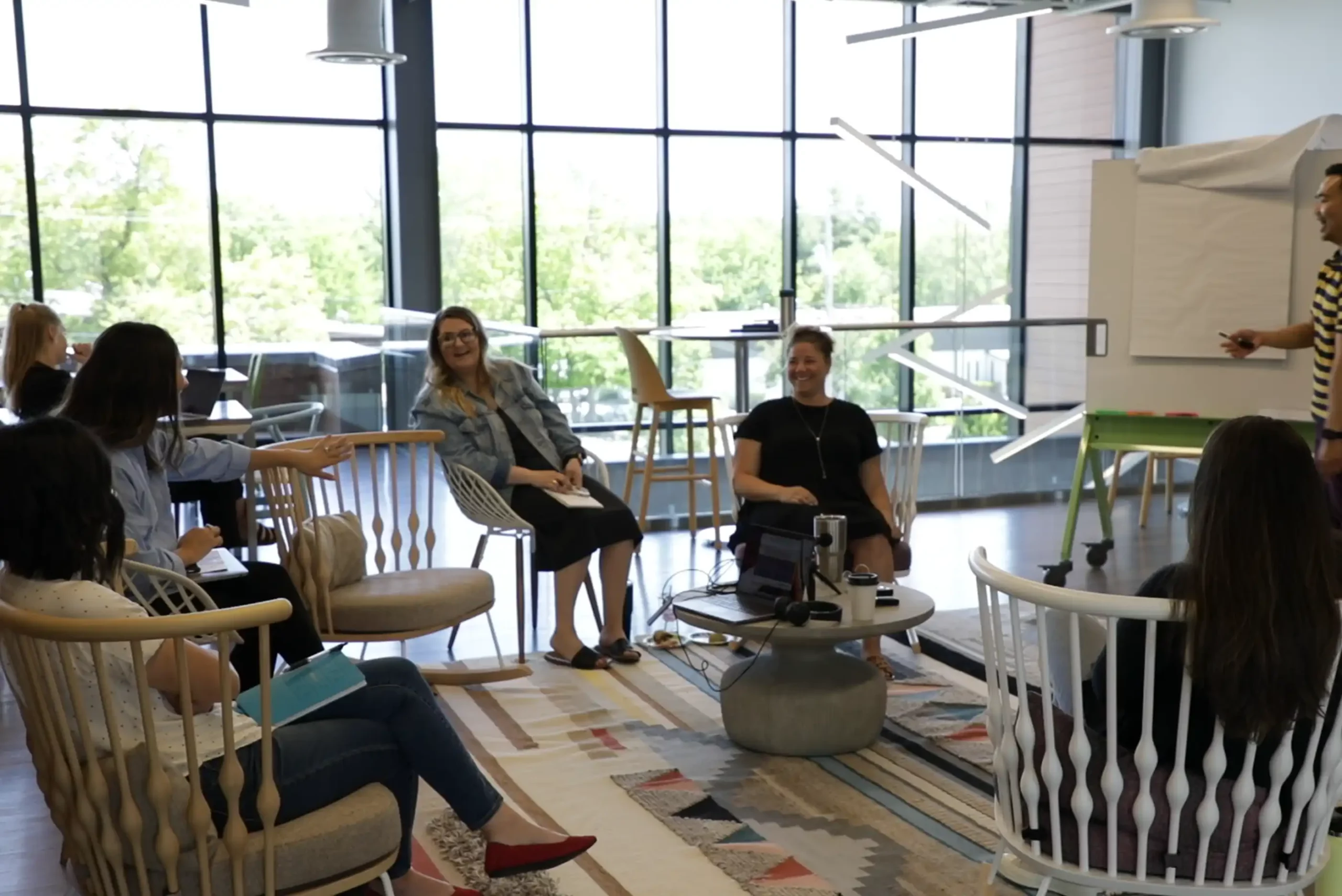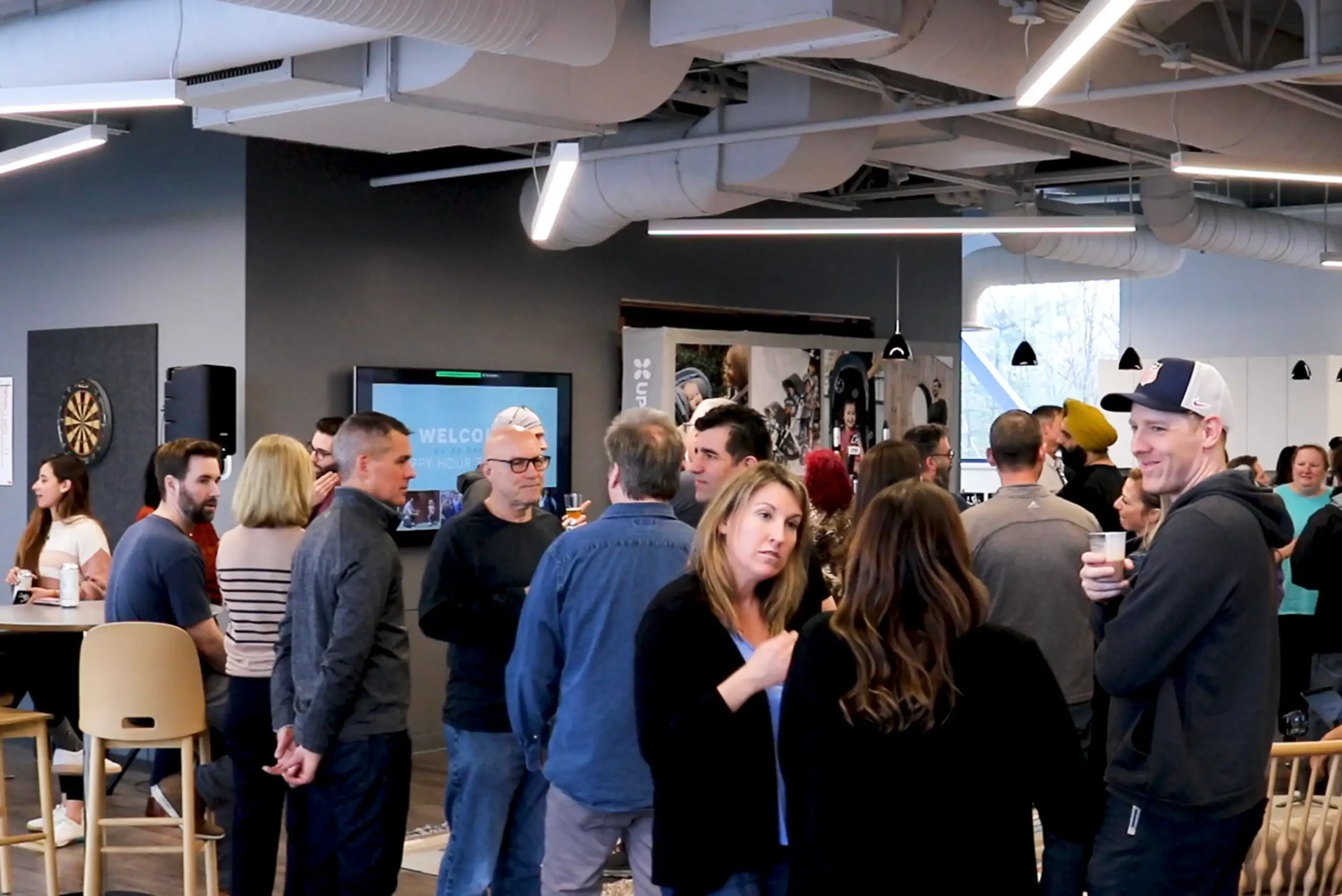Our Story
Welcome to the Family.
UPPAbaby® was started when we became new parents, just like you. We now have three kids running around our house, but we like to think our family extends far beyond these four walls. Our customers are like true family members to us— every single one of them. As we continue to expand and evolve, our dedication has only grown stronger. We are still every bit committed to being the best at what we do. For our family, and now for yours.
UPPAbaby was born in 2006 out of necessity and opportunity. It all came together when we had our second child but still couldn’t find the right baby gear to fit our needs. We wondered why the only options were either mass-produced and cheaply made or impractical and complicated with lengthy instruction manuals to operate. We were confident other parents wanted more, too.
So, UPPAbaby was born.
We wanted to make a stroller for parents that made their lives easier and better. We knew that as long as we took one step after another in the right direction, we could create a high-performance stroller that met and exceeded the needs of parents – all while letting them maintain the sense of style they’ve always had.
Over the next few years, UPPAbaby grew organically and today, we’re proud to say the UPPAbaby family employs more than 175 people, selling strollers, car seats, accessories, and juvenile gear worldwide! Thank you for your continued support. We are so glad you’re here.
– The Monahans
Our Names
Our first steps.
How did UPPAbaby® get its name? Like so many things in life, the answer was right in front of us all along — literally. Our daughter, Makena, would say “uppa, uppa” when she wanted to be picked up. Out of the mouths of babes, that’s how UPPAbaby finally got its name.
How do we come up with the names of our fashions? The colors chosen for each product are all named after children of our UPPAbaby employees!






